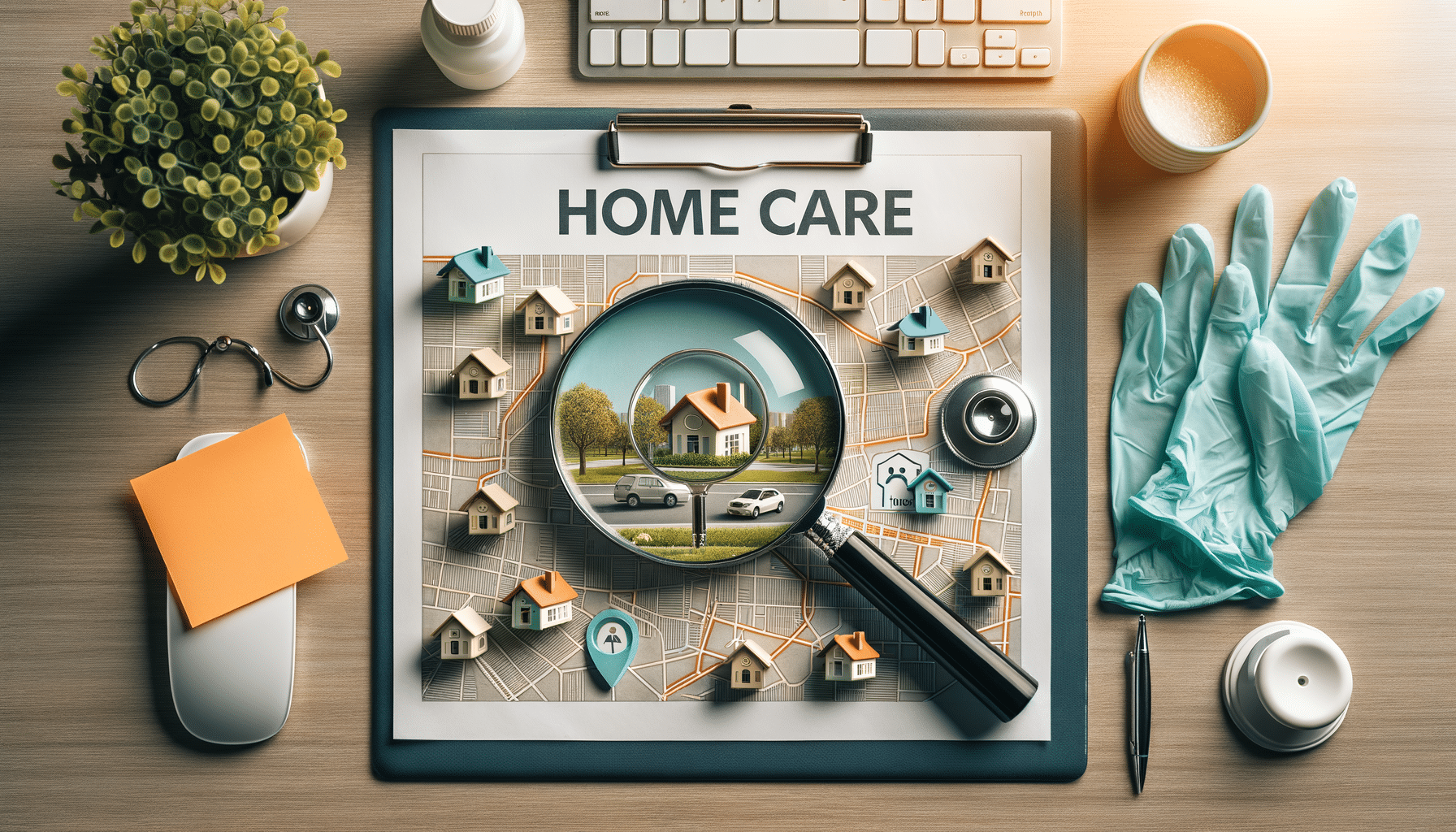
Breaking the Stigma: Why Talking About Mental Health Should Be Normal
Mental health affects everyone — yet for many, it’s still a topic wrapped in silence, shame, or awkwardness. Why? Because stigma has made it feel like something to hide. But just like we talk about broken bones, allergies, or the flu, it’s time we talked openly about anxiety, depression, burnout, and everything in between. In this guide, we explore why mental health conversations matter, what’s holding people back, and how each of us can help make open dialogue feel normal — not taboo.
Outline
- What Is Mental Health Stigma?
- Why People Still Don’t Talk About It
- The Cost of Staying Silent
- What Happens When We Do Talk About It
- How to Start Mental Health Conversations
- Tips for Talking About Your Own Mental Health
- Final Thoughts: Be the Voice That Breaks the Silence
What Is Mental Health Stigma?
Stigma is the negative judgement, misunderstanding or stereotyping around something — and when it comes to mental health, it often shows up as:
- Thinking mental illness = weakness
- Assuming people are “just being dramatic”
- Believing therapy is only for “serious” problems
- Staying quiet out of fear of being treated differently
Stigma tells us mental health struggles are a “personal failure” — but that’s completely false.
Why People Still Don’t Talk About It
Despite growing awareness, many people still feel uncomfortable talking about their mental health. Why?
Common reasons:
- Fear of being judged or labelled
- Cultural or family taboos
- Workplace pressures to appear “strong”
- Lack of understanding about what mental health actually is
- Not wanting to burden others
The result? People suffer in silence — and that silence can be harmful.
The Cost of Staying Silent
When we avoid talking about mental health, it can lead to:
- Delayed help-seeking
- Isolation and shame
- Worsening symptoms
- Stretched support systems
- Misunderstandings or conflict in relationships
Mental health doesn’t improve by ignoring it — it improves through honesty, support, and care.
What Happens When We Do Talk About It
The impact of open conversation is powerful.
- Reduces shame: Talking about it helps people realise they’re not alone.
- Increases understanding: Normalises symptoms and struggles.
- Encourages help-seeking: Makes people more likely to speak to a GP or therapist.
- Strengthens relationships: Builds empathy and connection.
💬 When one person shares their story, it gives someone else permission to do the same.

How to Start Mental Health Conversations
You don’t need perfect words — just empathy and openness. Here’s how to get the ball rolling:
When someone else might be struggling:
- “How are you really doing?”
- “I’ve noticed you seem a bit off lately — want to talk?”
- “I’m here for you, no pressure — just letting you know.”
- “Do you want to go for a walk and chat?”
When you want to open up:
- “I’ve been feeling really low lately and wanted to talk about it.”
- “Things have been overwhelming — mind if I offload a bit?”
- “I’m struggling mentally at the moment. You don’t need to fix it — I just needed to say it.”
💡 The goal isn’t always to fix — it’s to be heard.
Tips for Talking About Your Own Mental Health
- Pick the right moment — somewhere private and low-stress
- Be honest, not dramatic — explain how you’ve been feeling in your own words
- Know your “why” — are you seeking support, or just wanting to share?
- Set boundaries — it’s okay to say what kind of response you need
- Remember it’s brave — opening up is a sign of strength, not weakness
You don’t owe anyone a full breakdown. Even just saying “I’m not okay” is enough.
Final Thoughts: Be the Voice That Breaks the Silence
Mental health struggles don’t make someone less worthy, less capable, or less “normal”. They make them human. The more we talk, the more we heal — individually and collectively.
So whether you’re sharing your story, checking in on a mate, or just listening without judgement — you’re breaking the stigma.
Let’s make talking about mental health as normal as talking about the weather.
Because when we speak up, we give others the courage to do the same.


